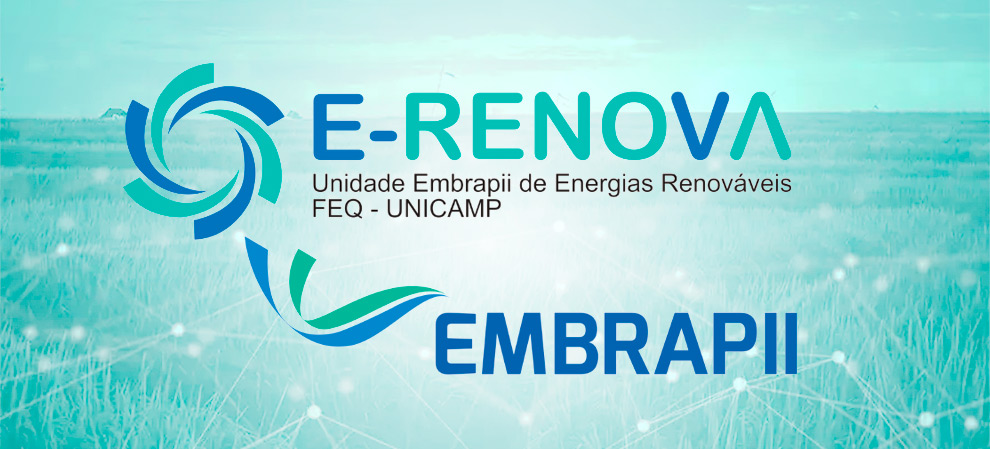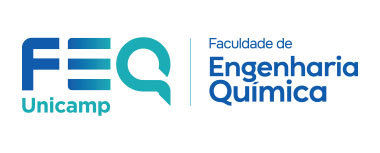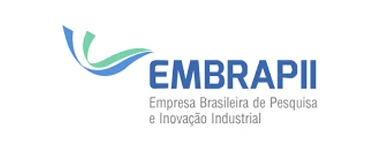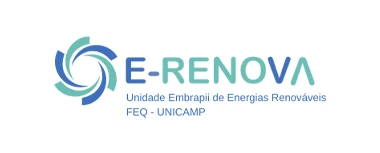The State University of Campinas (Unicamp) and the Brazilian Company of Research and Industrial Innovation (Embrapii) inaugurated, on Wednesday (08/11), the new reference unit focused on innovation in renewable energies in the country. The EMBRAPII E-RENOVA Unit is located at the Faculty of Chemical Engineering (FEQ Unicamp), on the Unicamp campus in Campinas and will have an initial investment of 4.8 million reais. The inauguration event had the participation of the rector of Unicamp, representatives of Embrapii and partner companies and had the support of the Innovation Agency Inova Unicamp.
E-Renova is a unit of competencies in renewable energies for the development of projects in partnership with companies in the industrial sector, stimulating the transfer of knowledge and the search for technological solutions. The unit will conduct studies for the creation of new products and processes for the industry from the processing of biomass, agro-industrial waste and biofuels, especially those of high energy density, whose development potential in Brazil is high. The objective is to enhance the Brazilian competitiveness with a focus on sustainability.
“This is an essential area for the country. By having a closer relationship with the business world promoted by Embrapii, the University has more conditions to transform knowledge, science and technology, generated within the university, into innovation and products that have an impact on the economy. This means development of society, improvement of social justice, income generation for people and brings Brazil closer to the developed world”, said the rector of Unicamp, Antonio José de Almeida Meirelles, during the inauguration of E-RENOVA.
Rubens Maciel Filho, full professor at FEQ Unicamp and coordinator of the E-RENOVA Unit, highlights the reach that the new research center can achieve: “energy and fuels from renewable sources, including biomass, are fundamental to contribute to the necessary decarbonization of the economy. In the case of Brazil, it is also an important factor for sustainability, including a strong aspect for social development, due to the scope and strength of agribusiness in the country”, says Maciel. He also describes the leading role that the new center will play:
“In this context, E-RENOVA emerges, the Embrapii unit of FEQ Unicamp, composed of renowned researchers with recognized experience in the area of renewable energy and fuels, with the mission of being an important vector of integration between the university, research centers and companies, to transform science and knowledge into useful technology for sustainable development”, explains Maciel.
How the E-RENOVA Unit will work
E-RENOVA is the second research unit accredited by Embrapii at Unicamp. The first one already operates at the Center for Medicinal Chemistry (CQMED) and focuses on the development of biopharmaceuticals and drugs. The research to be developed at E-RENOVA, in turn, will be directed to new processes and products in renewable energies, such as the production of biofuels from agro-industrial waste – including those from sugarcane, corn and forest, generated by the paper and pulp industry – among others.
The Unit will have a complex of facilities of 11,762 m² of built area, of which 6,000 m² are exclusively dedicated to research laboratories, which include 15 different laboratories available for research development. In the development of the studies, the use of simulation tools for technical-economic evaluation and life cycle analysis and process safety are also foreseen, allowing an integrated view of the system, as well as optimized and computer-controlled operations. It is expected that all these methods will provide the development of new sustainable processes.
“The creation of the EMBRAPII E-RENOVA Unit, in a strategic dimension, proves to be fundamental for the Industrial Policy and, certainly, will contribute significantly to the new economy, based on sustainability”, said Ilda Bisinotti, Coordinator of Strategic Actions of EMBRAPII.
The initial research lines address the production of hydrogen from renewable sources; long-distance biofuels, such as renewable diesel, biodiesel, bio-kerosene (jetfuel), fuel oils and marine fuels; and high-octane biofuels, such as ethanol and biobutanol. It also includes studies on co-processing of renewables in oil refineries; study of thermochemical routes, such as the conversion of biomass into synthesis gas (gasification), bio-oil and biochar (pyrolysis); and technical-economic and environmental impact analyses of fuel and renewable energy production routes.
Researchers, investments and scholarships
The new E-RENOVA unit will be coordinated by Professor Rubens Maciel Filho, assisted by Professor Leonardo Vasconcelos Fregolente, both from FEQ Unicamp. They will manage a team composed of 12 faculty members, as well as staff, researchers and students from FEQ, with different specialties. To support the researchers, scholarships are planned in the categories of Scientific Initiation, Master’s, Doctorate and Post-Doctorate.
“The accreditation seal of E-Renova as an Embrapii unit adds value to the Faculty of Chemical Engineering. We envision a change in the level of technological development and technology transfer, with the increase of collaboration that the unit has carried out over the last years with the private initiative”, commented the director of FEQ, Dirceu Noriler.
The new E-RENOVA center will also have the support of the Inova Unicamp Agency, which will offer all its expertise to facilitate the processes of protection of intellectual property and transfer of the technologies developed in the unit, as well as provide support to the negotiations with the companies interested in signing Research and Development (R&D) agreements with Unicamp. Professor Ana Frattini, executive director of Inova Unicamp, emphasizes the importance of the new research center for stimulating innovation:
“Innovation is nothing more than inventions from scientific and technological research that overflow beyond the boundaries of the university. In this sense, E-Renova has immense potential to impact socially and environmentally the process of reindustrialization in the country. As it happened in this accreditation process, any other thematic areas of the university can count on the support of Inova to narrow relationships with companies and prepare proposals for new EMBRAPII units at Unicamp.”, says Frattini.
Research agreements with companies
One of the objectives of the EMBRAPII E-RENOVA Unit is to strengthen the university-company partnerships that already exist at Unicamp, as well as to attract new partner companies, including startups. The new Embrapii research center has the potential to consolidate FEQ as a national technological development hub in biofuels and renewable energies, presenting intelligent solutions based on technology, following sustainability criteria.
The projects to be developed will have interfaces with companies from the sugar-corn-energy, industrial biotechnology, forestry, oil and gas and renewable products and energy sectors. The project also includes objectives such as the generation of intellectual property, training of specialized human resources and the consolidation of new research areas.
Source: Notícias Agrícolas







